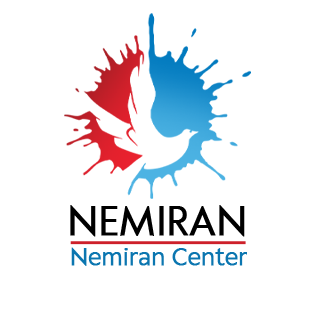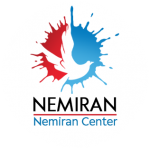Ali Qarani was born in Mahabad on 1/4/1343 Iranian Calendar (22/6/1964) to a well-known and respectable family. He finished secondary education in Mahabad successfully. His high school years coincided with the time of the Revolution in Iran in 1978. He didn’t have the opportunity to finish high school due to the situation in Kurdistan at that time.
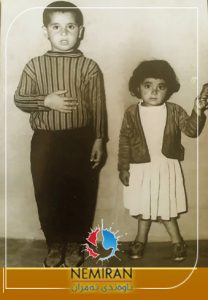
Ali Qarani lost his caring father in a suspicious event at the age of four years. Deprived of his father’s love, guardianship of Ali and his two-month-old sister was entrusted to their noble uncle.
From his youth, Ali was an active, determined individual with unique humanitarian characteristics. He was kind and behaved responsible to people. He always hoped for freedom of Kurdistan. Motivated by that hope, he joined the Kurdish liberation movement with indescribable enthusiasm at the beginning of the Iranian national revolution. He joined the ranks of Komala Peshmerga and settled in the village of Ghezelja. Shortly after settling in that village, he was informed that his sister was ill and was bedridden. Ali returned to Mahabad to visit his sister and family.
During his visit to the family, Komala was involved in a military operation in the city on 19/6/1360 (10/9/1981). The next day, the military forces and the Revolutionary Guards of the Islamic Republic of Iran arrested hundreds of people and youth of Mahabad on 20/6/1360 (11/9/1981). Ali was unfortunately among those arrested.
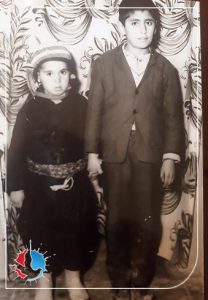
Revolutionary Guards gathered all detainees in Chwar Chera Square to identify and to imprison them. Ali was identified by one of the mercenaries (1). He was imprisoned. The guards raided his home and confiscated all property and belongings of the shop of his family. After much effort, his family managed to get a visit with Ali in the presence of several guards. In the first moment of that visit, his family noticed cigarette burns and beatings on his body, traces of his torture to force him to confess.
One of his cousins was present at that visit. He was beaten and arrested for a few days because he spoke Kurdish with Ali. His cousin was fortunately released a few days later after being interrogated. It should be noted that Ali Qarani lacked a lawyer during his arrest and interrogation and was denied the right to defend himself against alleged allegations.
Ali’s family went to the prison to on 21/8/1360 (12/11/1981) to visit him. But they were denied the visit. Ali, along with two others, Mansour Hosseini and Soleiman Javidfar, had been handed over to death squads and had been executed on the same day. Prison officials did not inform any of the victims’ families about the executions. So far, no indictment or court judgment has been handed over to these families. They were executed absolute secretly.
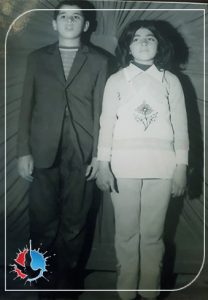
The guards and the perpetrators of the execution of these three people transferred their bodies to Mahabad hospital. They faced a sharp reaction from the doctor in charge of the emergency department. He told them frustrated,” Why did you bring the executed to the hospital, here is a hospital not butchery? ” The doctor (2) in charge of the emergency department refused to receive the bodies of the executed. The Revolutionary Guards left the hospital and carried the bodies of Ali Qarani, Mansour Hosseini and Soleiman Javidfar to the central mortuary of the city. The workers identified the bodies and informed the families to take over the bodies.
A member of Ali Qarani’s family recalls,” We arrived at the city mortuary to pick up Ali’s body. I saw that his whole body had been riddled by gunfire. His intestine had fallen out of body. The body was completely shattered. His mouth was full of blood. The fatal shot had marked his forehead. He was shot in such a way that his body could not be identified at all. ”
Ali’s body was transported home in order to prepare it for burial. The guards attacked the house and threatened the family. They were forbidden to hold the funeral service. He was buried in complete silence.
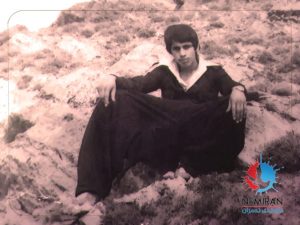
May his memory be cherished and his path be prosperous.
(1) The identity of the mentioned person will remain unpublished in the archives of Nemiran Foundation until the submission to the competent human rights courts.
(2) The identity of the mentioned doctor is registered in the archives of Nemiran Foundation for security reasons.
